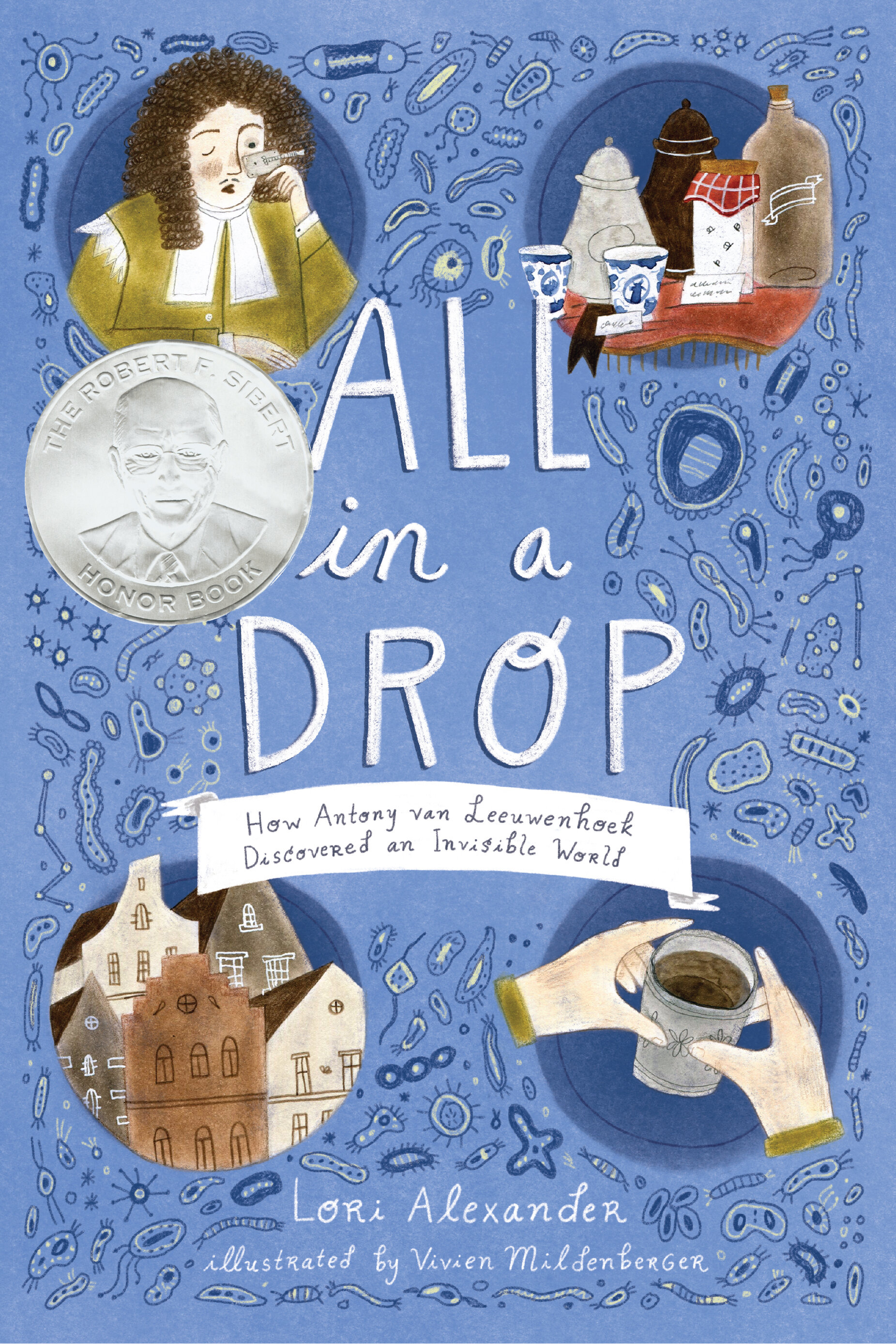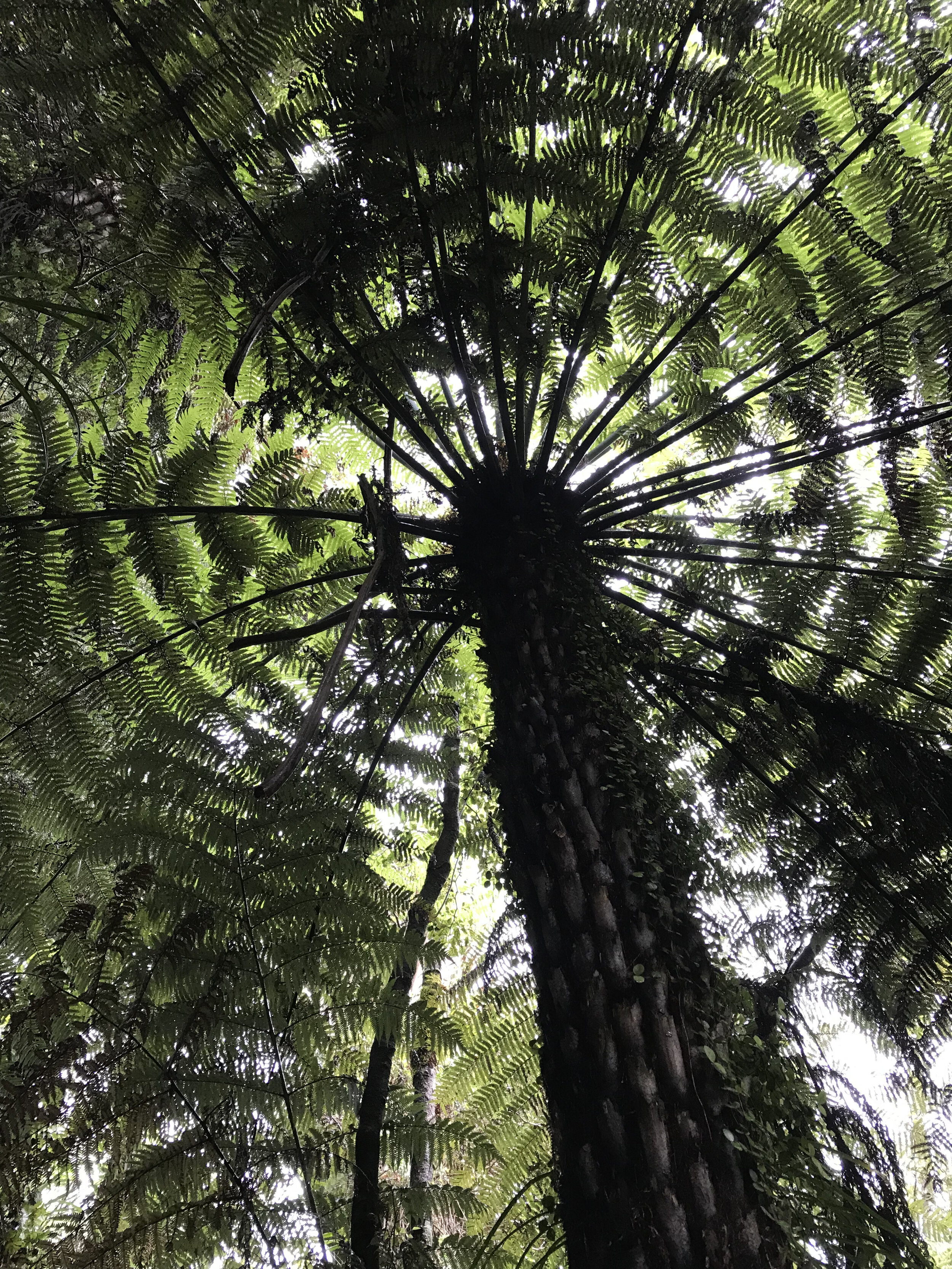
Writing With a Broken Tusk
Writing With a Broken Tusk began in 2006 as a blog about overlapping geographies, personal and real-world, and writing books for children. The blog name refers to the mythical pact made between the poet Vyaasa and the Hindu elephant headed god Ganesha who was his scribe during the composition of the Mahabharata. It also refers to my second published book, edited by the generous and brilliant Diantha Thorpe of Linnet Books/The Shoe String Press, published in 1996, acquired and republished by August House and still miraculously in print.
Since March, writer and former student Jen Breach has helped me manage guest posts and Process Talk pieces on this blog. They have lined up and conducted author/illustrator interviews and invited and coordinated guest posts. That support has helped me get through weeks when I’ve been in edit-copyedit-proofing mode, and it’s also introduced me to writers and books I might not have found otherwise. Our overlapping interests have led to posts for which I might not have had the time or attention-span. It’s the beauty of shared circles.


Leda Schubert on Nathan's Song
Nathan, growing up in a shtetl in Russia, loves to sing. When he hears opera for the first time he is transfixed and longs to learn this kind of music. His family and community, including his little brother Samuel, gather money to pay for his passage to Italy. What happens next is a marvel of picture book writing. I talked to my friend and long-time writing colleague Leda Schubert about the choices she made in telling this story from her own family history in her new picture book, Nathan's Song.

India and Black America
India and Black America have often been on intersecting paths, paths that have largely been ignored in the national discourses of both countries.

Invitation to the Invisible World
Long before our present-day preoccupation with invisible germs, Antony van Leeuwenhoek peered into a world of miniature life present in and around us.

Who We Really Are
Courtesy of the brilliant Maria Popova of Brain Pickings, here is poet Marie Howe’s reflection on humans and time and the big, big picture:
